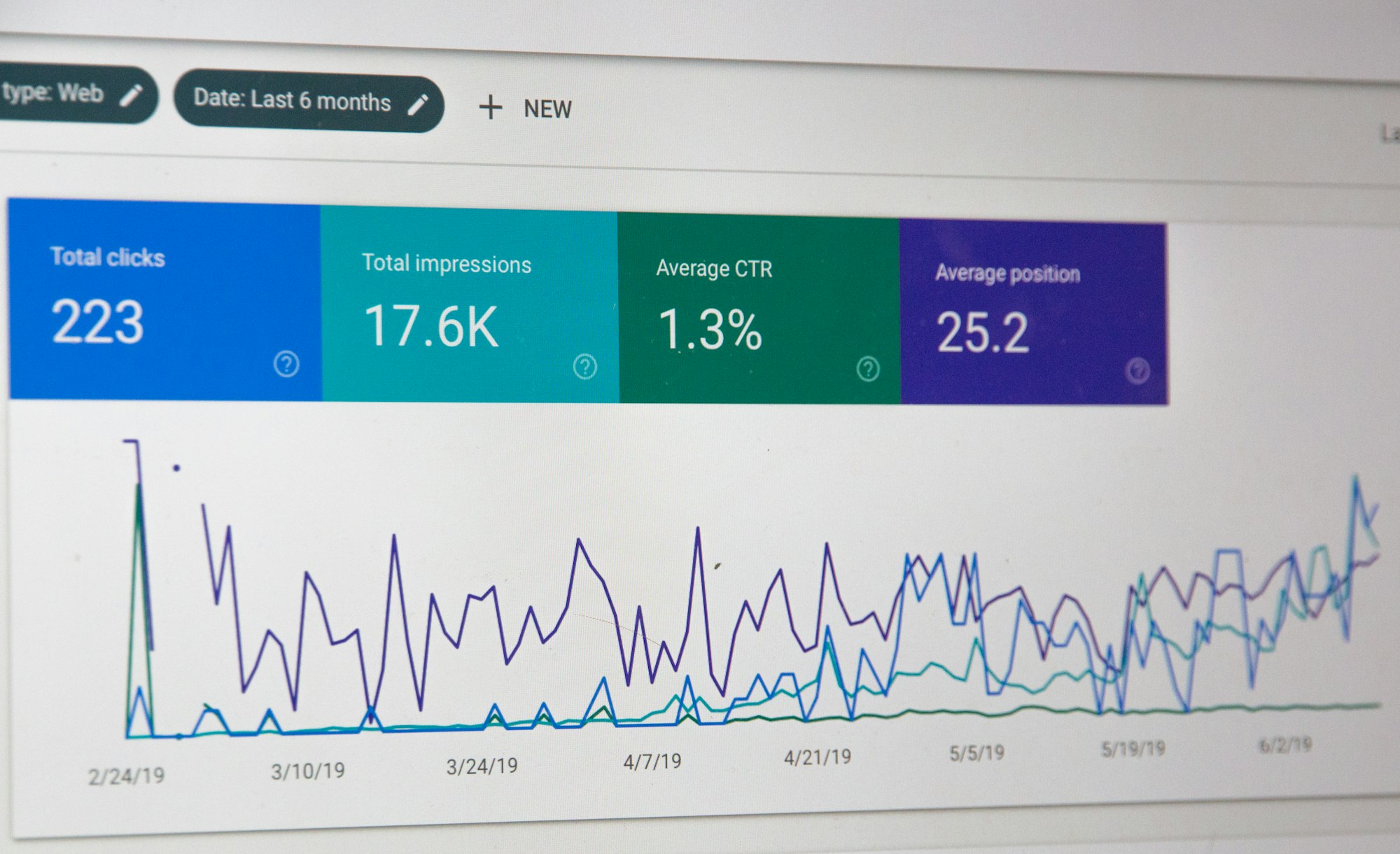Affiliate marketing might sound like an easy job, but it's anything but that. While you can make big money through commissions when you promote or endorse a product through your followers, you have to spend a lot of effort to build a massive group of people who will listen to you.
And even if you already have a following, either through social media, email, or a blog, there are times that your affiliate network works against you because they don't like a particular source.
So, how can you ensure you can earn commissions no matter what referrer you use? Let's find out.
What Is a Referrer?
A referrer (also called a referrer URL) is a webpage a person was on before proceeding to the purchase page. For example, if a visitor clicks on a link on your page or email to check out the product or service you're endorsing, you are the referrer.
Why Should I Hide My Referrer URL?

You might wonder, "Why should I hide my referrer URL from my affiliate network?" After all, wouldn't it be great if a company knew how you brought a user to their site?
Sadly, it isn't always this simple. For affiliates, you should hide your referrer address for two primary reasons: freedom and content property.
Freedom to Advertise How You Like
You can often promote a product or service on your terms when you're an affiliate. You get to discover different ways to adverse a product—insert a product in a YouTube video, hype it up on your Instagram Stories, or post a TikTok demonstrating how to use it.
Other times, you can even promote in more controversial ways. The point is that an advertising team doesn't bind you. A traditional ad campaign needs to go through several levels of approval. And sometimes, even after hundreds of hours of effort, all their work is scrapped altogether because it didn't meet the company's taste or standards.

Meanwhile, affiliates only need to worry about their sales numbers.
This freedom to advertise however you want is an advantage that affiliates have. Whether you're working with a massive corporation, a mom-and-pop store, or are into Amazon Affiliate marketing, hiding your referrer address is an excellent way to ensure you can do your promotions your way.
The affiliate network couldn't see your referrer URL and look at how you conduct your marketing. Consequently, there is a lesser chance that they dictate how you run your promotions, and you don't have to align your strategies in line with their marketing department.
Sole Content Ownership
The first wave of affiliate marketers discovered that affiliate marketing is highly profitable. While this is still true today, it's a bit more challenging. Since the success of the first batch of affiliate marketers, more people have learned about it and entered the industry. This made the competition far more intense.
Even big-time influencers who've already secured brand deals dabble in affiliate marketing, garnering thousands of dollars in a month! And for many of them, this dabbling is merely a side hustle.
Unfortunately, with more competition comes underhanded methods—stealing content strategy among affiliates isn't uncommon. That's why hiding your referrer could also help you protect your content.

For example, you decide to post a TikTok about a service. You spend hours thinking of a clever, engaging concept and even more hours filming it. Finally, you posted the video, and it was a success.
However, other affiliates promoting the same product could see your content and steal it. They could take your TikTok, post it as their own, and reap the benefits of your labor.
So, the commission that was supposed for you is stolen by someone else. This example happens to affiliates every day.

Another scenario involves company contracts. Some companies make their affiliates sign contracts that let them use any content related to their products made by any affiliate. So, if you don't hide your referrer URL, the companies could easily find your content and use it for themselves, making you lose out on potential commissions.
Although hiding your link will not necessarily stop others from trying to steal your work or exploit you, you should at least spend effort to protect yourself. When you hide your referrer address, you make it harder for people to profit illicitly from your content and hard work.
How to Hide Your Referrer URLs
Most affiliates aren't experts in hiding their referrer addresses. Some may rely on websites that hide your original URL for free. However, some of these websites take your information for themselves and sell it on the black market—which is one of the reasons why you should avoid no-name link shorteners and other services.
Plus, you never really know how long they'll last as a free service.
Another option is to use a link shortener with an established reputation. While there are several services you can choose from, Short.io is better than several self-hosted link shorteners.
So, here's how to hide your referrer in four easy steps using Short.io.

- Log into your Short.io account. (If you can easily create one if you don't have one yet. It's free!)
- Click the Domain Settings tab,
- Put a tick on the Replace the original referrer URL with your short domain checkbox.
- Press Save.
With this, you have protected your privacy, data, and brand.
Short.io for More
While Short.io is ready to protect affiliates, it can do far more. An affiliate's job is very much like advertising, and that's where Short.io's entire potential flourishes.
With Short.io, you can promote products using link retargeting, geotargeting, and more. Short.io can help you build a bigger audience and establish a better online presence. And since Short.io integrates with automation services like Zapier and Make, you can do more things and make your workflow more efficient.
Your Online Protection
Although over 60% of the world's population uses the internet, there is little education on how to protect yourself against the potential dangers of the online world. This lack of awareness is why it is up to you to learn how to ensure that you and your online assets are safe. With that, you can enjoy the benefits of your work without worry.


Join the conversation